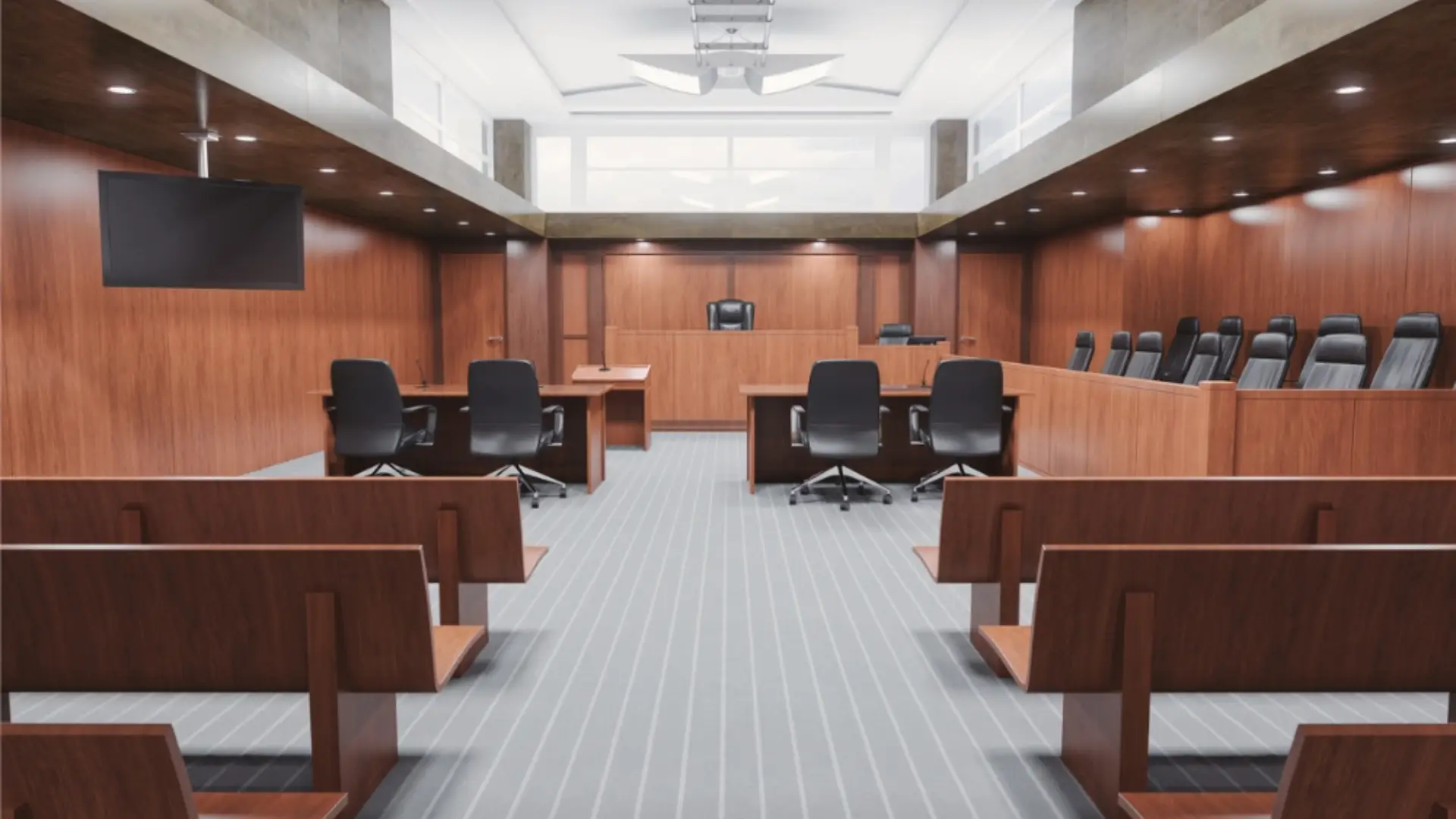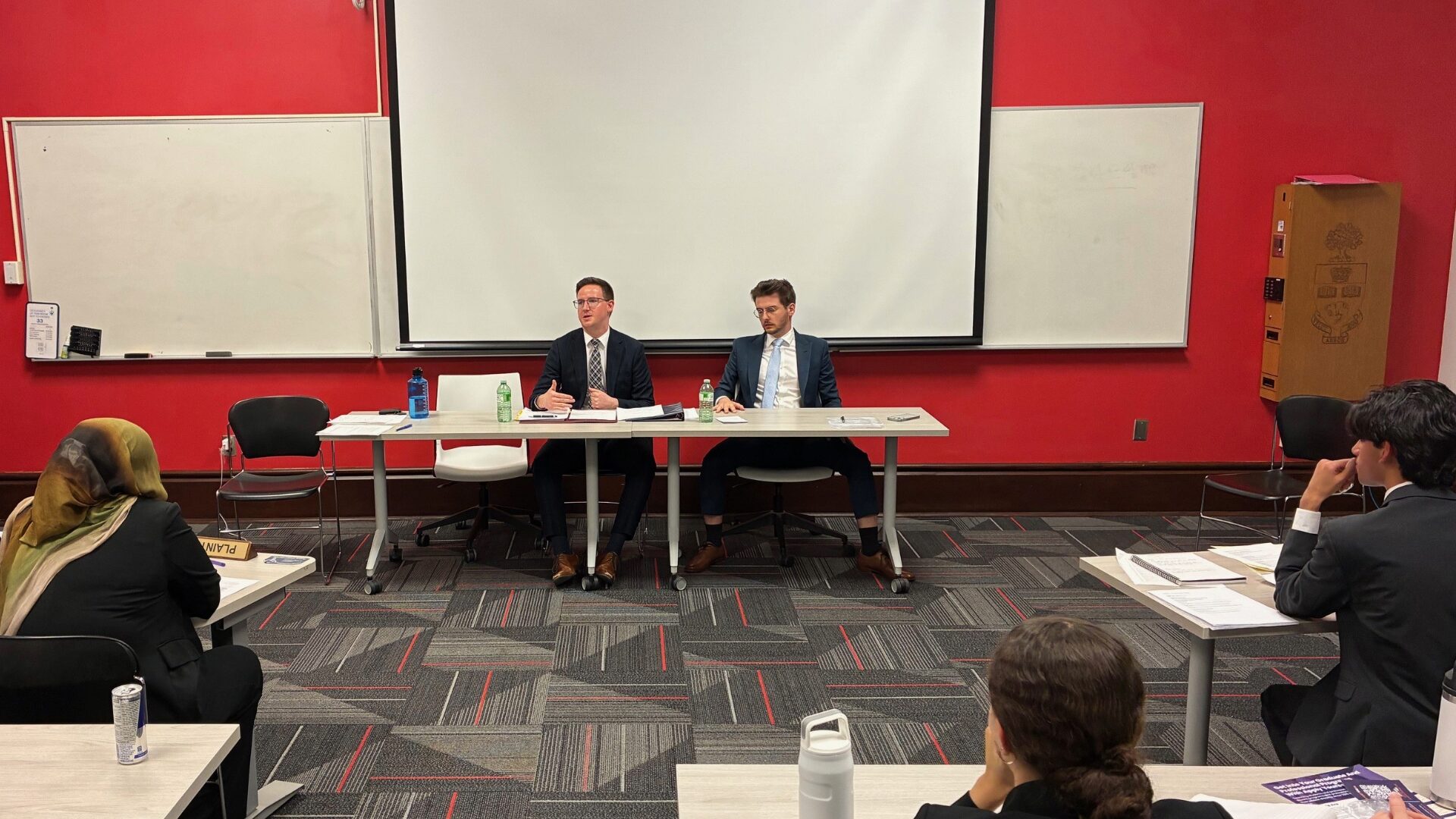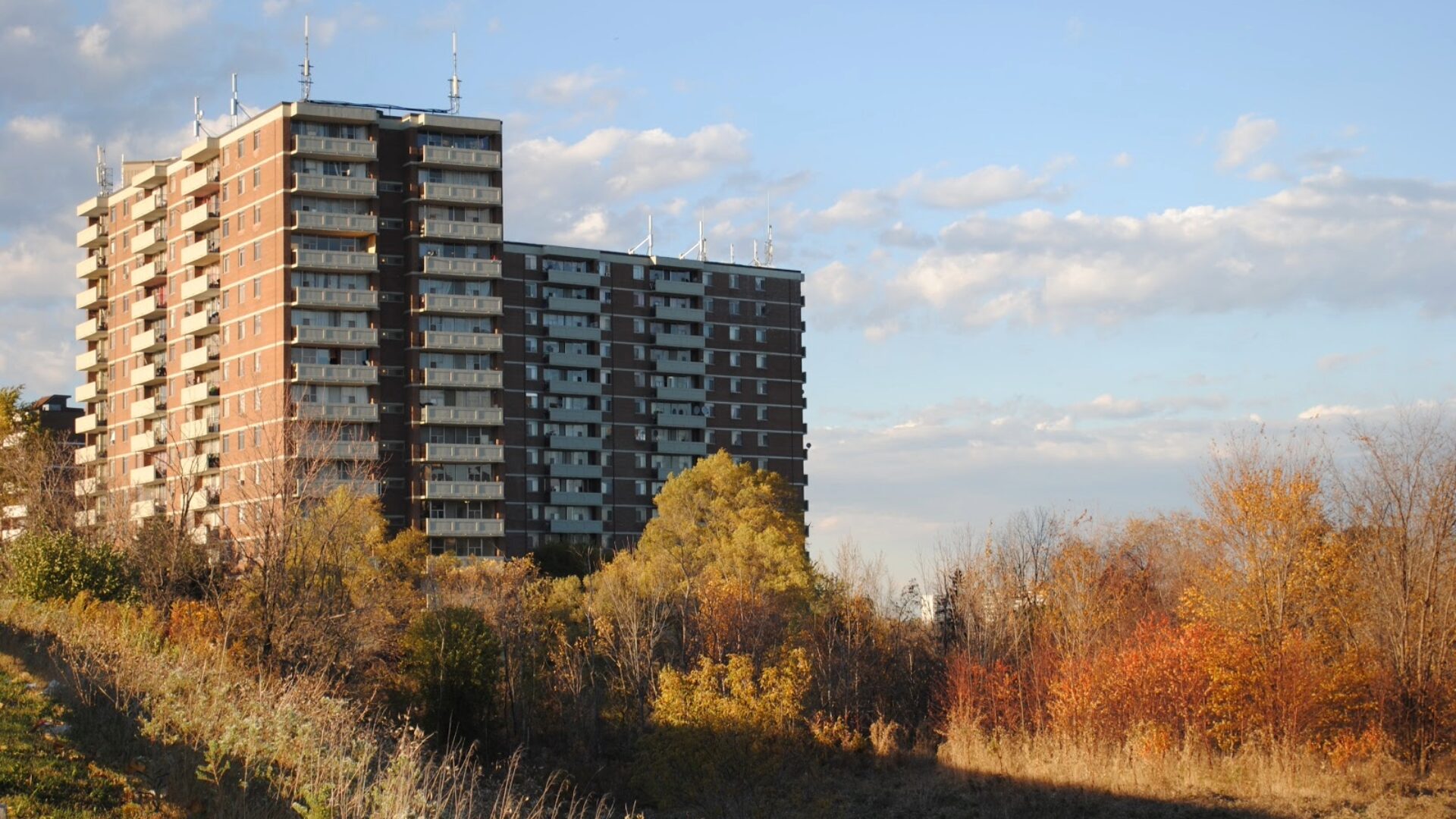On March 31, 2022, the Rules introduced a change to the test for leave to call expert evidence in the event of late-filed expert reports. Over the last three years, the Courts have interpreted this Rule change to make it more difficult for litigants to rely on expert evidence from late-filed expert reports.
Timelines for service of expert reports comes from Rule 53.03 of the Rules of Civil Procedure. For an expert to be called as a witness at trial, expert reports must be served 90 days prior to the pre-trial conference, responding expert reports 60 days prior to the pre-trial conference, and supplementary reports 45 days prior to trial. These timelines can be extended at a pre-trial, a case conference, on a motion, or on consent.
Prior to March 31, 2022, Rule 53.08(1) stated that “leave shall be granted on such terms as are just and with an adjournment if necessary, unless to do so would cause prejudice to the opposite party or will cause undue delay in the conduct of the trial”. The wording of this Rule has since been changed to:
[L]eave may be granted if the party responsible for the failure satisfies the judge that,
(a) there is a reasonable explanation for the failure; and
(b) granting the leave would not,
(i) cause prejudice to the opposing party that could not be compensated for by costs or an adjournment, or
(ii) cause undue delay in the conduct of the trial.
Under the old Rule, leave shall be granted, but under the new Rule, leave may be granted, only if the moving party establishes both elements (a) and (b) of the legal test. According to Edwards R.S.J. in Agha v Munroe, 2022 ONSC 2508,
[32] Lawyers and litigants need to adapt to the new rule immediately. The late delivery of expert reports simply will not be rubber-stamped by the court. By shifting the onus to the party seeking the indulgence and changing the word “shall” to “may”, the exercise of the court’s discretion will, in my view, result in far fewer adjournments and more productive pre-trials. There will always be circumstances that are beyond the control of counsel and the parties which will fall within the definition of a “reasonable explanation” for failing to comply with the timelines for the service of expert reports. In this case, no such reasonable explanation was provided to the court.
In Agha, the plaintiff’s explanation for the failure to serve the expert report prior to the pre-trial was due to the cost of the expert reports. This was not a “reasonable” explanation, and leave to obtain a late expert report was denied.
According to Edwards R.S.J., “[t]he purpose of the new rule is… to send a very loud and clear message to all sides of the Bar, that expert reports are to be served in a timely manner and in accordance with the provisions of Rule 53.03(1) and (2).”
The Agha decision has been followed in subsequent decisions, giving some guidance as to when leave to file a late expert report will be permitted.
In Forsung v Neadow, 2023 ONSC 5873, the late served report was served 1 month prior to the pre-trial. The plaintiff pointed to inadvertence as the reasonable explanation for late filing. In that case, Muszynski J. found that “inadvertence does not constitute a reasonable explanation in these circumstances. On this basis alone, the plaintiffs’ motion must fail.”
In Quinn v Rogers, 2024 ONSC 1967, the defence filed reports 41 days prior to the pre-trial, and the defendant pointed to inadvertence as the reasonable explanation for late filing. Opposing the motion for leave, the plaintiff argued that inadvertence is not a good enough reason, as inadvertence is not an excuse for a missed limitation period. The defendant relied on a lawyer’s affidavit advising that the lawyer mistakenly believed that the pre-trial was at the end of March (rather than end of February) and accordingly he believed his report was due at the end of January. In that case, there was no cross-examination of the affidavit, so the evidence of the inadvertence was uncontested. In deciding to grant leave to the late-filing of the expert reports, MacNeil J. found that
[T]he explanation given by the Defendant Physicians’ lawyer for missing the delivery deadline is sparse and no real context or details were provided. Nonetheless, I accept the affidavit evidence and find that the failure to deliver the three expert reports at least 60 days before the pre-trial conference was due to an inadvertent mistake.
In Veran v Derbyshire, 2024 ONSC 1585, the plaintiffs brought a motion one month before trial to exclude the defendants from relying on non-compliant late served expert reports. While Wojciechowski J. found that the defendants did establish the criterion for a reasonable explanation, the plaintiffs were successful in getting two expert reports of the defence excluded entirely, under subrule 53.08(1)(b):
[W]here the late service of the defendant physicians’ expert reports do not allow the plaintiffs enough time to consider and to provide a response before a scheduled trial date, then no matter how reasonable the explanation, the underlying evidence set out within the reports shall not be introduced at trial.
Based on the recent development of the jurisprudence on late-filed expert reports, the following take-aways can be made:
(i) There is a loud and clear message to the Bar that expert reports are to be served in a timely manner;
(ii) The test for leave to file an expert report late is a two-step test, where the moving party has the onus to establish both (a) there was a reasonable explanation, and (b) that there is no prejudice; and
(iii) In some cases, like Forsung, inadvertence is not an acceptable reasonable explanation, whereas in other cases, like Quinn, inadvertence can be an acceptable reasonable explanation.
If a party is attempting to file an expert report late, this needs to be determined by way of motion. The motions judge will need to weigh the evidence of the explanation, to establish if it can be found to be a reasonable explanation. In the event that the motions judge finds there is a reasonable explanation for late-filing, the motions judge will then need to determine the second step of the test.
Moving forward, it is essential that one is able to get all necessary expert reports well in advance of pre-trial in accordance with Rule 53.03. In the event that the opposing party is seeking to file an expert report late, it is beneficial to oppose this request, as the Court is moving away from rubber-stamping late reports. If successful in having an opponent’s expert report excluded from trial, this will improve your chances of success in the litigation.





